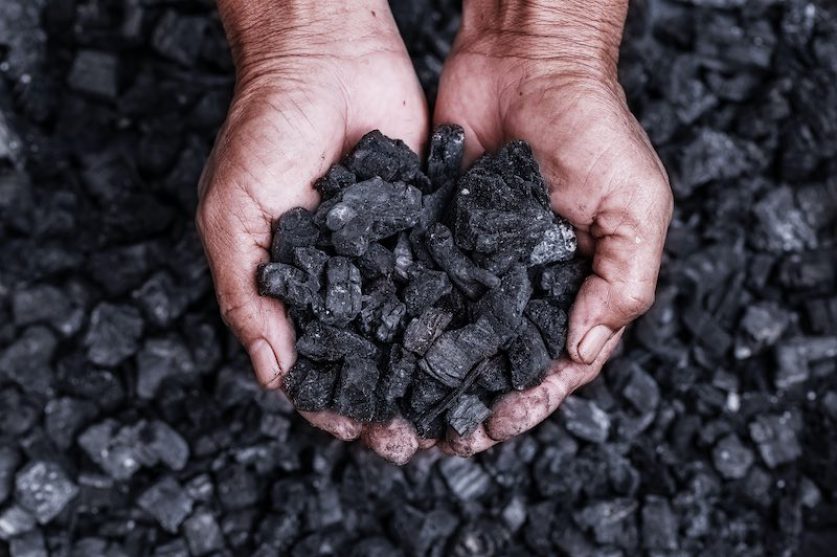
Environmental groups, climate scientists and opposition parties have sharply criticised the government’s approval of a new coal mine in Cumbria, saying it undermines the UK’s decarbonisation goals and its credibility as the host of the COP26 summit later this year.
The £165 million project, the first new deep mine in the UK in 30 years, was granted planning permission by Cumbria County Council in October 2020. Last month, the Ministry for Communities, Housing and Local Government (MCHLG) refused to intervene to block the project, saying it didn’t clear the bar for Westminster to overrule the decision of local councillors.
Now more than 70 environmental groups have written to Communities Secretary Robert Jenrick, urging him to reverse this decision and block a project they say could be devastating to the UK’s climate efforts.
The groups, which include Greenpeace, Oxfam, Friends of the Earth and the Wildlife Trusts, said the approval also tarnishes the UK’s reputation on climate, on the cusp of the crucial COP26 meeting.
“Given that our credibility, as host of the largest global climate talks since the signing of the Paris Agreement is at stake, it is mystifying that the government has decided not to intervene in the approval of the UK’s first deep coal mine in 30 years,” the groups wrote. “This decision will make it much harder to fulfil the ambitions of the Powering Past Coal Alliance.”
The Committee on Climate Change (CCC), the government’s independent climate change advisors, has estimated that the mine will be responsible for more greenhouse gas emissions than all of the UK’s existing mines put together.
COP26 president Alok Sharma is reportedly “apoplectic” with fellow cabinet minister Jenrick over the mine’s approval. But some politicians are laying the blame at Sharma, with the Lib Dems calling for his resignation.
Lib Dem leader Ed Davey wrote in a letter to Sharma: “Up until this decision on the Cumbrian coal mine, the UK can point to a strong record of domestic climate action. So it is extraordinary and highly reckless for this hard-won reputation and record to be put at risk by this decision now to allow the mine.”
Meanwhile, Dr James Hansen, former scientific head of NASA, has said the mine would bring “ignominy and humiliation” to the UK.
Supporters of the project have countered that it will bring hundreds of much-needed jobs to the local area and that the metallurgical or coking coal dug up at the mine will be used for steel production, replacing coal imported from overseas and therefore reducing overall emissions.
But the CCC says 85% of the Cumbrian coal would be exported and argue that the UK’s steel industry must decarbonise by 2035—14 years earlier than the mine’s 2049 consented timeline.
Phasing coal out of the UK’s energy system has dramatically curbed that sector’s emissions—by 65.5% between 1990 and 2019, as coal’s share of the energy mix has fallen to 3%. The UK has committed to closing all coal-fired power stations by 2024. However, coal is still used in for metal, cement and chemical production and other heavy industries.




